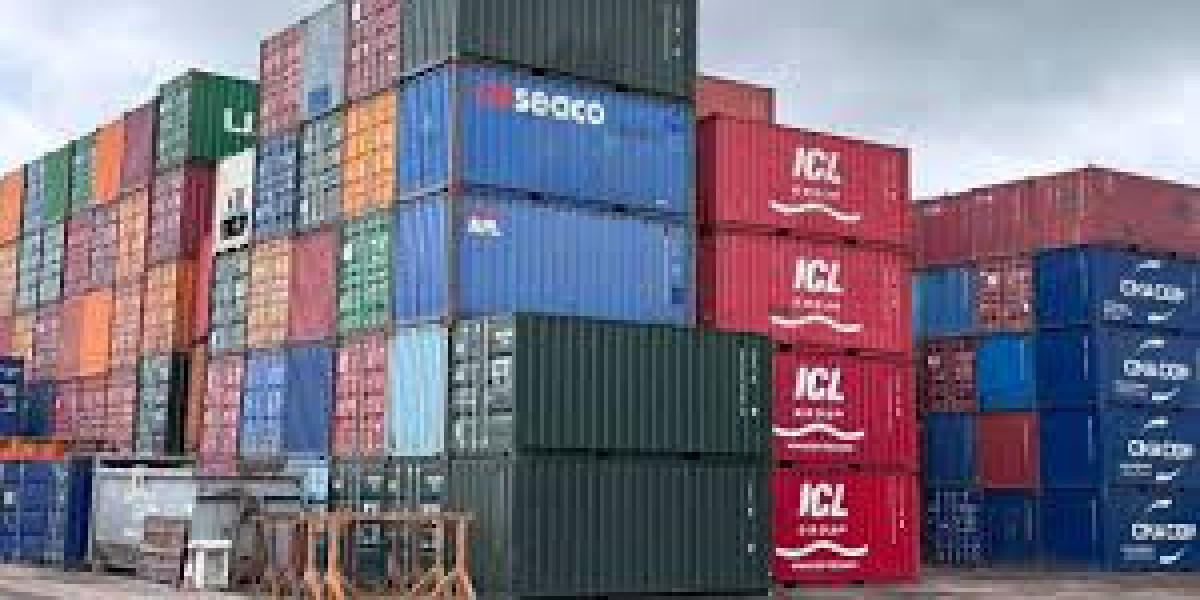In the evolving landscape of Middle Eastern commerce, efficient logistics has become the cornerstone of successful cross-border trade. One route that consistently stands out for its reliability and strategic value is road cargo from Dubai to Riyadh. This corridor links two major economic powerhouses of the GCC offering fast, flexible, and cost-effective freight movement between the UAE and Saudi Arabia.
Why Road Cargo Matters in the GCC
Road freight continues to dominate regional logistics due to its adaptability and direct connectivity. For businesses operating across borders, it enables point-to-point delivery without the added complexities of port handling or airport schedules. Particularly between Dubai and Riyadh, the demand for road cargo services has grown steadily, thanks to the rapid expansion of bilateral trade and infrastructure.
Key reasons road cargo remains vital:
Fast transit times (typically 1–2 days)
Full Truck Load (FTL) and Less-than-Truck Load (LTL) options
Door-to-door delivery capabilities
Ideal for time-sensitive and high-volume shipments
The Dubai to Riyadh Trade Route
The most commonly used road route from Dubai to Riyadh passes through the Al Ghuwaifat border crossing in the UAE and enters Saudi Arabia via the Al Batha checkpoint. This land corridor supports a wide array of cargo, including FMCG, electronics, industrial machinery, and perishables.
The well-maintained highway network ensures smooth travel for heavy vehicles, while improved customs protocols have significantly reduced border clearance times.
Industries That Rely on Road Cargo
A wide range of sectors benefit from road cargo from Dubai to Riyadh:
Retail & E-commerce: Fast shipping for electronics, fashion, and personal goods
Automotive: Transport of spare parts and vehicle accessories
Industrial & Construction: Machinery, equipment, and building materials
Food & Beverage: Refrigerated trucks carry perishables safely
Healthcare: Pharmaceuticals and medical equipment delivered securely
Step-by-Step Logistics Process
Pickup in Dubai: Goods are collected from the origin point—warehouse, office, or manufacturing unit.
Customs Documentation: Preparation of invoice, packing list, certificate of origin, and other regulatory paperwork.
Border Clearance: Goods are cleared at the Al Ghuwaifat–Al Batha border with support from customs agents.
Transit to Riyadh: Trucks travel to the destination using pre-defined delivery schedules.
Final Delivery: Cargo is offloaded at the receiver’s site, often with real-time delivery confirmation.
Required Documents for Cross-Border Road Cargo
To ensure hassle-free transit, the following documentation is typically needed:
Commercial Invoice
Packing List
Certificate of Origin
KSA Import License
VAT Registration (Saudi Arabia)
SASO Certificate (if required)
Waybill or Transport Order
A reliable logistics partner usually handles all customs procedures on your behalf.
Benefits of Choosing Road Cargo for Riyadh
Cost-Effective: Especially for bulk shipments or regular trade
Timely Deliveries: Predictable lead times, often within 24–48 hours
Flexibility: Ideal for various cargo types and weights
Reduced Handling: Fewer touchpoints reduce risk of damage
Scalability: Suitable for startups and large enterprises alike
How to Select the Right Road Freight Provider
When choosing a logistics provider, look for:
Experience in GCC cross-border freight
Dedicated trucking fleet with GPS tracking
In-house customs clearance team
Options for FTL, LTL, and temperature-controlled services
Transparent pricing and insurance coverage
The right partner ensures your cargo is moved efficiently, safely, and on time.
Conclusion
Road cargo from Dubai to Riyadh continues to serve as a vital link in the supply chains of countless businesses across the Gulf. With its speed, affordability, and reliability, it stands as the preferred freight option for companies seeking consistent results in cross-border logistics. As UAE–KSA trade grows stronger, road transport will remain a key driver of economic integration in the region.








